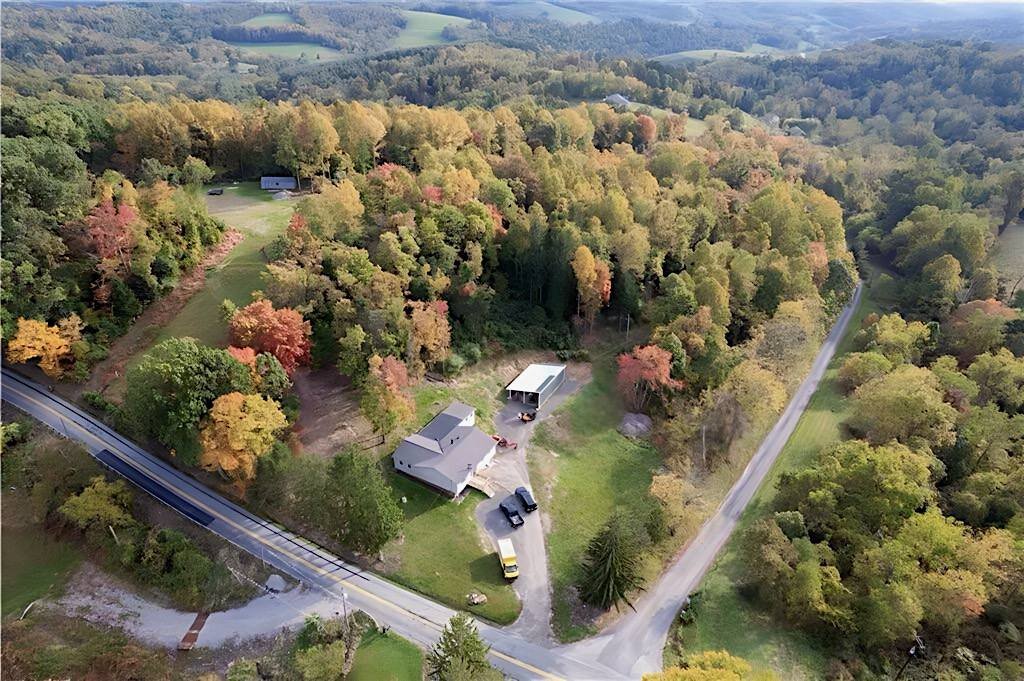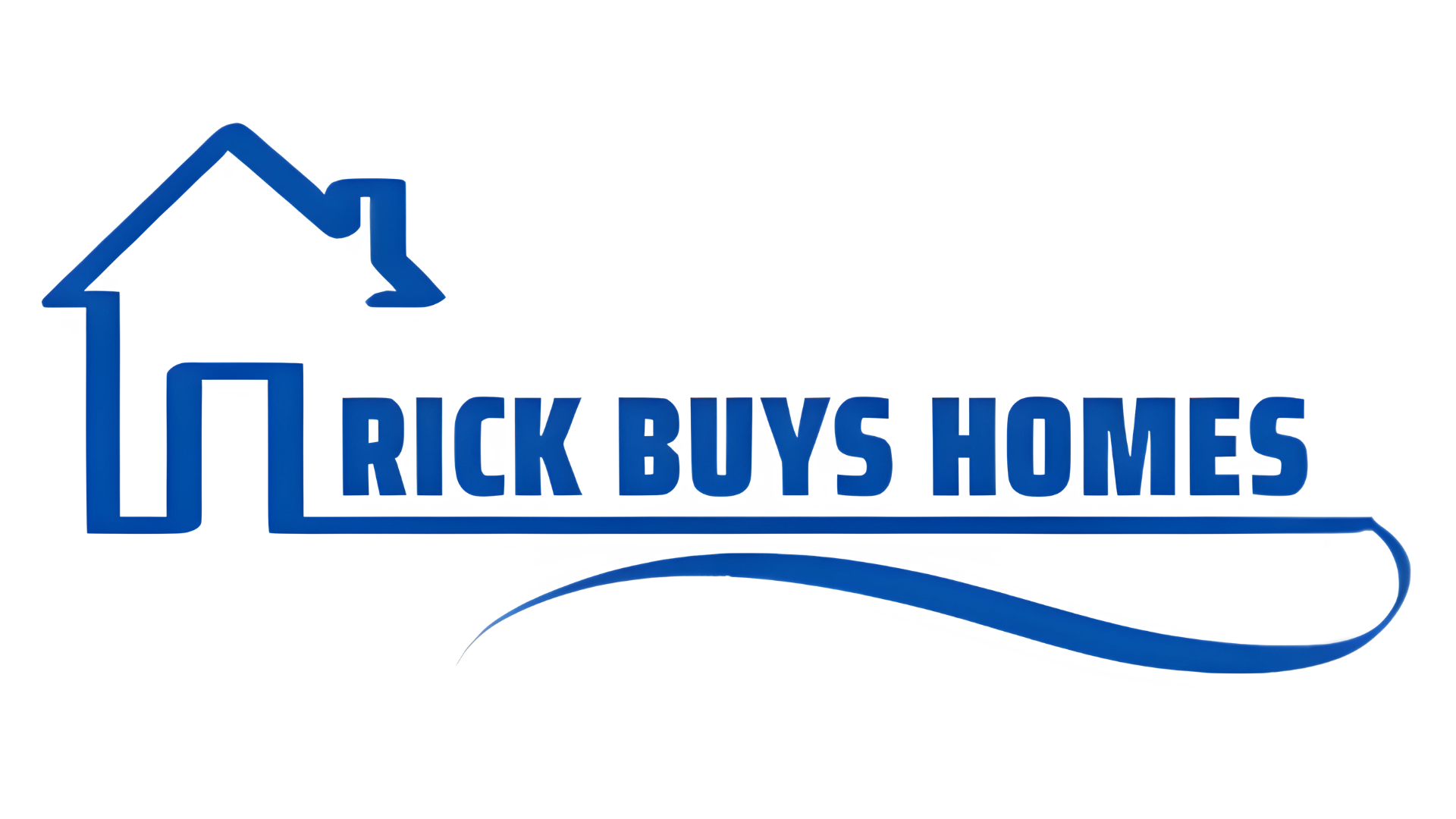The real estate market is a dynamic entity, continuously shaped by various factors ranging from economic trends to demographic shifts. Among these influences, generational changes play a significant role in determining the patterns of home buying and selling, especially as we delve into the millennial generation’s impact on home prices. This exploration not only sheds light on current market trends but also provides insights into what future homebuyers and sellers might expect.
The Rise of Millennials in the Housing Market
Millennials, defined as individuals born between 1981 and 1996, have traversed into a phase where the pursuit of homeownership emerges as a central tenet of their life objectives. In contrast to preceding generations, millennials encounter a distinctive set of challenges and exhibit preferences that wield considerable influence over the dynamics of the real estate landscape. The burdensome weight of high student debt, coupled with navigating a fiercely competitive job market, alongside evolving lifestyle inclinations, has collectively impeded the timely attainment of homeownership for many within this demographic cohort. Nevertheless, as millennials progressively surmount these obstacles, their burgeoning presence within the housing market becomes increasingly palpable and irrefutable.
Economic Factors and Home Affordability
The economic milieu traversed by millennials stands in stark contrast to the landscape navigated by preceding generations such as the Baby Boomers or Generation X. In the wake of the Great Recession and amidst the unprecedented burden of escalating student loan debts, affordability emerges as a paramount concern shaping the housing preferences of millennials. This generation’s predilection gravitates towards regions characterized by a balance between cost-effectiveness and an elevated quality of life, epitomized by locales like Pittsburgh, PA, and Washington, PA. These areas have garnered favor among millennials due to their relatively lower cost of living juxtaposed with appealing amenities and opportunities.
Enterprises attuned to these trends, exemplified by entities like “Rick Buys Homes in Pittsburgh, PA” and “We Buy Houses in Washington, PA,” strategically capitalize on the millennial demand for affordable housing solutions. By offering expeditious, cash-based transactions, these companies cater to the generation’s inclination towards streamlined and hassle-free processes. This targeted approach resonates profoundly with millennials, who prioritize simplicity and efficiency in their quest for homeownership, thereby fostering a symbiotic relationship between evolving market demands and innovative business strategies.
Technological Influence and Market Dynamics
As the inaugural cohort of truly digital-native individuals, millennials’ reliance on technology serves as a defining factor in their approach to the home-buying process. This generation places immense value on online reviews and virtual home tours, fundamentally reshaping the landscape for companies like “Rick Buys Homes Washington Reviews” and others that have adeptly adapted to meet these technological expectations. The seamless accessibility of comprehensive information regarding “Cash Home Buyers in Pittsburgh, PA” or “Sell My House Fast in Washington, PA” through online platforms has catalyzed a paradigm shift, rendering the real estate transaction process markedly more transparent and efficient.
Millennials’ propensity for digital engagement has not only revolutionized consumer behavior but also necessitated a recalibration of industry practices to align with their preferences. Enterprises that embrace technological innovation and leverage digital platforms stand poised to not only meet the evolving demands of this demographic but also thrive amidst an increasingly competitive market landscape. By seamlessly integrating technology into the home-buying experience, these companies foster greater transparency, convenience, and accessibility, thereby enriching the overall customer journey for digitally-native millennials.
Lifestyle Choices and Housing Preferences
Millennials’ housing preferences are significantly influenced by their lifestyle choices, which in turn have a profound impact on the housing market landscape. This generation places a premium on flexibility, sustainability, and community, thereby challenging and reshaping traditional paradigms surrounding homeownership. The burgeoning demand for residences situated in neighborhoods characterized by safety, convenience, and a strong sense of community, exemplified by sought-after locales like the safest neighborhoods in Pittsburgh, underscores millennials’ prioritization of holistic living environments.
Moreover, the escalating popularity of flexible housing solutions, such as rent-to-own options prevalent in areas like Washington, PA, represents a tailored response to millennials’ evolving financial and lifestyle preferences. By providing an alternative pathway to homeownership that affords greater adaptability and reduced upfront financial burdens, these innovative arrangements resonate deeply with millennials seeking to align their housing choices with their broader life objectives.
Millennials’ penchant for flexibility, sustainability, and community-driven living experiences constitutes a transformative force within the housing market, compelling industry stakeholders to embrace innovative approaches and adapt to meet the evolving needs of this discerning demographic. By recognizing and accommodating these shifting preferences, enterprises can position themselves as agents of change, driving positive outcomes for both consumers and the broader real estate ecosystem.
The Future: Gen Z’s Emerging Influence
As we conduct a comprehensive examination of the impact of millennials on home prices, it becomes imperative to cast our gaze toward the horizon and anticipate the impending influence of the upcoming generation—Generation Z. Preliminary insights suggest that Generation Z shares numerous core values with millennials, albeit with a heightened emphasis on technology integration and environmental stewardship. As this burgeoning cohort prepares to make their foray into the housing market, there is a palpable indication that their preferences will place an even greater emphasis on sustainable living practices and the seamless integration of technology within the home-buying experience.
This anticipated shift carries profound implications for regions such as Pittsburgh and Washington, PA, which are poised to witness significant adaptations in response to the evolving demands of Generation Z homebuyers. From eco-conscious design elements to digital platforms facilitating streamlined transactions, the housing landscape is likely to undergo a transformation aimed at aligning with the distinct preferences and priorities of this emerging demographic cohort.
The impending entry of Generation Z into the housing market underscores the ongoing evolution of consumer behavior and expectations within the real estate sector. By proactively anticipating and accommodating the preferences of this tech-savvy and environmentally-conscious generation, regions and industry stakeholders can position themselves at the forefront of innovation, fostering sustainable growth and prosperity in the years to come.
Conclusion
The imprint of the millennial generation on the housing market is undeniably multifaceted, mirroring a confluence of distinct challenges, preferences, and behavioral patterns unique to this demographic cohort. Their influence has precipitated a surge in demand for real estate solutions characterized by affordability, flexibility, and seamless technological integration, particularly evident in regions such as Pittsburgh and Washington, PA as the real estate landscape continues to undergo metamorphosis in response to these generational dynamics, attaining a nuanced understanding of these evolving trends assumes paramount importance for stakeholders across the spectrum—from prospective buyers and sellers to seasoned investors.
Central to navigating this dynamic terrain lies a concerted effort to grasp and adapt to the nuanced needs and preferences of each successive generation. By embracing a proactive approach that acknowledges the heterogeneous nature of contemporary consumer demands, the real estate market can foster an environment that remains agile, responsive, and resilient in the face of perpetual flux. This entails an ongoing commitment to innovation, tailored solutions, and a keen sensitivity to emerging trends, ensuring that the industry remains primed to meet the evolving expectations of a diverse and dynamic clientele.
The evolving landscape of the housing market serves as a microcosm of broader societal shifts, underscored by the interplay of generational influences, technological advancements, and evolving consumer behaviors. By heeding the lessons gleaned from the millennial era and looking ahead to the imperatives of future generations, stakeholders can chart a course toward sustained relevance and prosperity within an ever-evolving real estate ecosystem.

About Rick Hodge
Transitioning from the coal industry and weld inspection to the realm of real estate, Rick has established ‘Rick Buys Homes’ with a mission to render homeownership attainable through rent-to-own arrangements. His dedication lies in assisting families in realizing the American Dream. Feel free to connect with him here.

